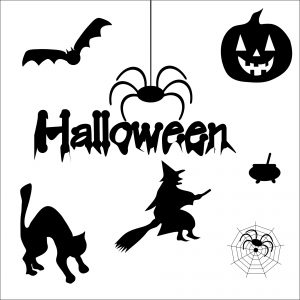Welcome to New York! Now learn English and find a job!
(Quick Disclaimer: I am NOT a lawyer and this blog post does not constitute legal advice. If you have questions about your visa or ability to work in the United States, consult an immigration attorney!)
Congratulations! Your spouse works for a multinational company or organization and just got a job transfer to New York or maybe Los Angeles, or another major American city. You are excited about the prospect of spending a year or maybe more in a foreign country.
However, there’s one little problem….
While this is a great career opportunity for your better-half, it might not be so great for your career. Maybe, if you are very lucky, your company will allow you to stay on and work remotely, but with the time difference between the US and Europe, that might not work out so well. Chances are you are going to have to take a long leave or quit your job.
But there’s some good news: You can work legally in the United States!



 All languages have phrases and saying involving parts of the body. English has a lot of them! I’m only going to write about a few of the more common uses of the word “hand” here. If you would like more, please let me know in the comment section below.
All languages have phrases and saying involving parts of the body. English has a lot of them! I’m only going to write about a few of the more common uses of the word “hand” here. If you would like more, please let me know in the comment section below. Every four years the United States
Every four years the United States  This week ALL of my students have been asking me about Halloween, so I thought it was worthy of a post.
This week ALL of my students have been asking me about Halloween, so I thought it was worthy of a post.